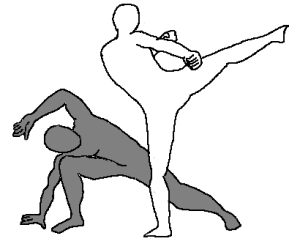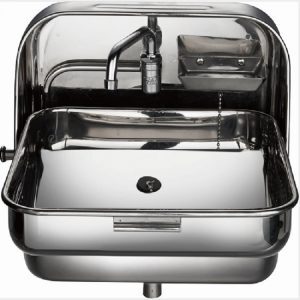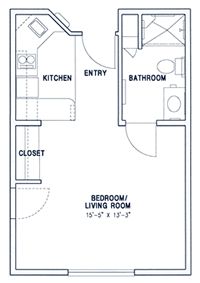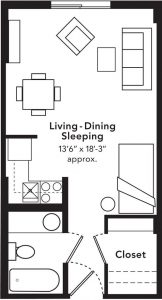The other day I went for a walk. As it turned out, I was overly ambitious. Due to lockdown and other issues, I have not got out of the house much recently, and this has had more of a toll than I anticipated. After about the fourth or fifth mile my feet were aching, and worse, my hip joins were giving me considerable trouble. I was not able to walk properly for several days after.
One of my excuses for making this trip was I wanted to test a pair of shoes for this blog. About halfway into the walk I realized this was not practical. I have flat feet and torn tendons. In other words, my feet are atypical and whatever I experience, good or bad, is not relevant to most readers.
However, the day did yield a few lessons and observations that I thought I would pass on.
One thing I discovered is that I have lost some weight over the past few months. Normally this would be a good thing, but it meant my trousers were loose on me even with the belt drawn to the last notch. The shoes I was using also had less heel than my usual boots, which meant my trouser bottoms were catching and dragging on the ground. Rolled up, they would not stay up! I resorted to the safety pins in my EDC. I only had two, so this was only partially successful. Conclusion: add more safety pins to the EDC kit. At least half a dozen.
I could have used the two long cords in my pocket to improvise braces for my trousers. I was nearly at my destination by the time this occurred to me.
I was running late that morning, and was keen to get out. Thus, I forgot some things that might have been useful. I only realized that I had forgotten my iPod when I heard some idiot sqwarking down their phone. More importantly, perhaps, I should have added some boiled sweets to my bag. I had planned to buy something for breakfast along the way, but with lockdown there were fewer places open and I didn’t seem to get a chance. Keep a stock of sweets for travelling at “base camp”, and don’t eat them all watching the telly!
The second lesson from this is “make a list”! Do not just have a packing list for when the balloon goes up or the zombies arrive, but one for more mundane expeditions too.
If, like me, you have several rucksacs and daysacs, a practical idea is to have a box with your “rucksac things” in. When you get home, empty your rucksac paraphernalia into the box. When you head out, select items from the box and load them into whatever pack you have decided to use. And have a list! Not everything you might want will be in the box; at least one of my water-bottles lives in the fridge. Similarly, you pick and choose from the contents of the list. Warm hat and gloves may be low priority in summer, for example.
What I did remember to add to my pack was a bottle of water, my boonie hat and a rain-poncho. The hat was for if it was really sunny; it wasn’t. The poncho, on the other hand, got used several times. This was my first time trying this particular one out and it came through very well. It is very light (240 g, in stuffsack) and was quick to unpack and put on. I also like that it covers my daysac as well as myself. Another feature that endears it to me is the stuffsack is so sized that it does not take a mastership of origami to get the poncho back in.
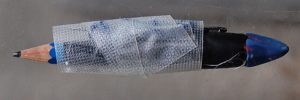 |
| Multi-role solid-state communication and repair system. |
Incidentally, I have made another modification to my EDC kit. Originally it did not contain a sewing kit. My travel sewing kit has seen a lot of use over the years, so I decided some sewing capability should be in the EDC. The weight of a single needle and thread is negligible, yet potentially very useful. In fact I have added two. One is a standard needle with about a metre of doubled invisible thread already attached. The other is a larger needle with just over half a metre of doubled stouter thread. I would have used dental floss for this normally, but had some kevlar cord from Shomer-tech that I wanted to try out. Both needles have been threaded beforehand and are carried taped to the side of my pencil. I gave them a few score strokes of a magnet so they may also serve as a navigation aid.
